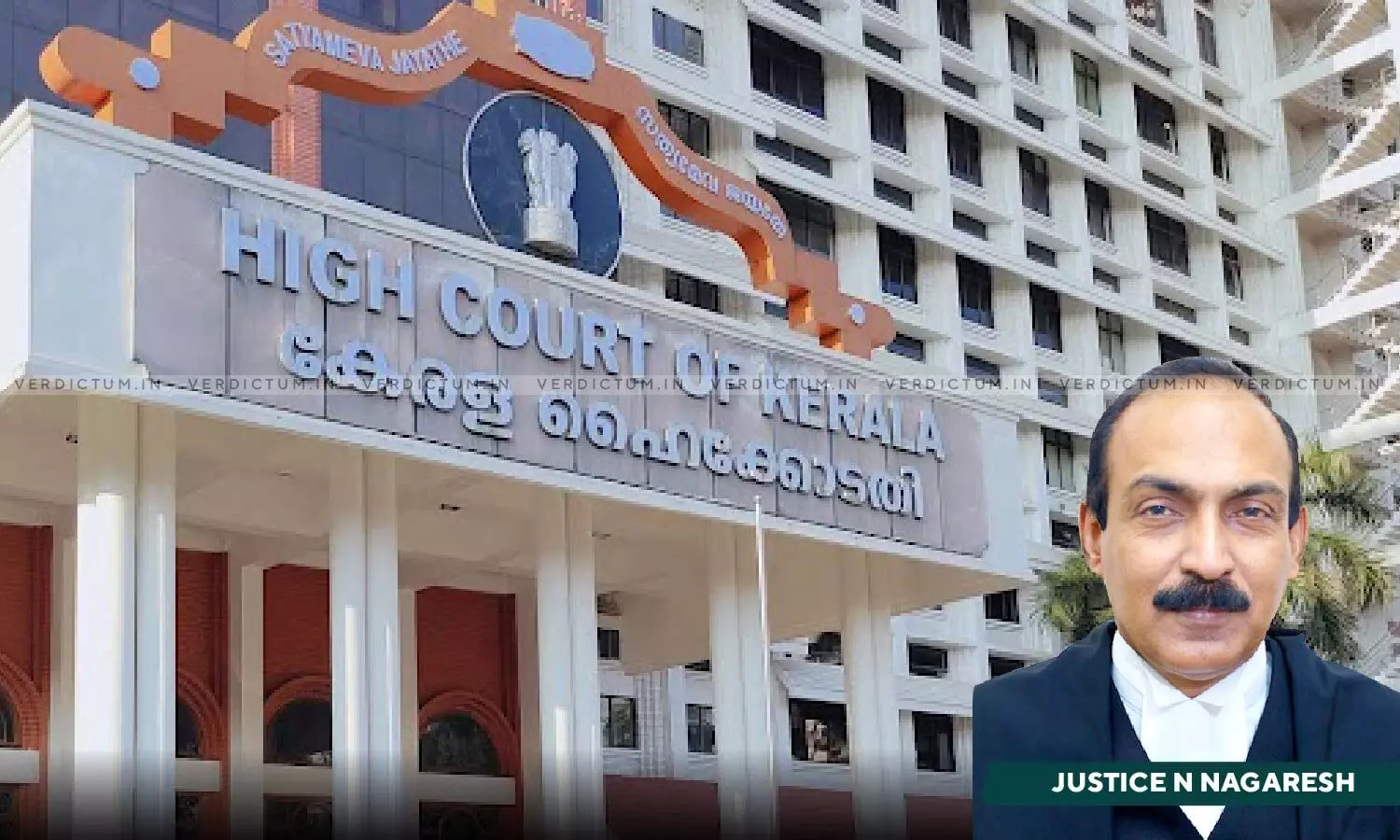
Illicit Article Seized From Accused During Search Conducted In Violation Of Section 50 NDPS Act Cannot Be Used As Proof Of Unlawful Possession Of Contraband By Him: Kerala HC
 |
|The Kerala High Cout observed that an illicit article seized from the person of an accused during search conducted in violation of the safeguards provided in Section 50 of the NDPS Act cannot be used as evidence of proof of unlawful possession of the contraband by the accused.
The High Court observed thus while considering an appeal by an accused convicted under Section 22(c) of the Narcotic Drugs and Psychotropic Substances Act, 1985.
A Single Judge Bench of Justice N. Nagaresh observed that “it is not a question of communication of the right of the appellant to be searched in presence of a Gazetted Officer or a Magistrate. The question is whether the evidence adduced by the prosecution in this regard can be relied on, to convict the appellant and take from him his personal liberty by imposing a jail sentence of ten years. When the consequence of the prosecution is serious, then the prosecution should stick to the letter of the law”.
Further “It is the version of the prosecution that a written communication regarding the information given to the appellant under Section 50 of the NDPS Act, was made. The prosecution further stated that the appellant had given his consent to dispense with the presence of gazetted Officer / Magistrate during search, that also in writing. If such communications in writing existed, the prosecution ought to have produced the same before the court”, added the Bench.
Advocate Manu Roy appeared for the Appellant whereas the Public Prosecutor represented the Respondent.
The brief facts of the case were that when the prosecution was on patrolling duty, he received information that a person wearing black pants and a rose shirt having narcotic drugs in a Bag was standing at Foreshore Road. The police went to Foreshore Road and in front of the CIFNET office, the appellant was found carrying a small handbag. When the prosecution was about to conduct a body search, he asked whether the appellant needed it to be done in the presence of a Gazetted Officer or a Magistrate. The appellate allowed the prosecution to conduct a body search by himself. During the search, drugs were found in the appellant’s handbag, which is in contravention of the provisions of the NDPS Act. Thus, the appellant was alleged to have committed offence punishable under Section 22(c) of the Narcotic Drugs and Psychotropic Substances Act, 1985 (NDPS Act). Accordingly, he was sentenced to undergo rigorous imprisonment for ten years and to pay a fine of ₹1 lakh by the Additional Sessions Judge. The appellant therefore approached the High Court contending that the search was conducted in violation of Section 50 of the NDPS Act and the search is illegal.
After considering the submission, the Bench noted that the incident took place on a public road near CIFNET, which is a busy area with many Government / Semi-Government Offices in the vicinity. However, the prosecution could not produce any independent witness to prove the incident.
The Bench further noted that several suspicious circumstances would question the credibility of the prosecution case, as neither the communication stated to have been given by the second witness under Section 50 of the NDPS Act nor the reply alleged to have been given by the appellant has been produced before the court.
Mentioning the Conditions under which search of persons shall be conducted under Section 50 of the NDPS Act, 1985, the Bench elaborated that “when an officer duly authorized under section 42 has reason to believe that it is not possible to take the person to be searched to the nearest Gazetted Officer or Magistrate without the possibility of the person to be searched parting with possession of any narcotic drug or psychotropic substance, or controlled substance or article or document, he may, instead of taking such person to the nearest Gazetted Officer or Magistrate, proceed to search the person as provided under section 100 of the Code of Criminal Procedure, 1973.”
Referring to the case of State of Punjab v. Baldev Singh [1999 KHC 707], the Bench reiterated that failure to inform the concerned person about the existence of his right to be searched before a Gazetted Officer or a Magistrate would cause prejudice to the accused.
Accordingly, the High Court allowed the criminal appeal and set aside the Trial Court judgment.
Cause Title: Raveendranath v. State of Kerala [Neutral Citation: 2023/KER/69015]
Click here to read/ download the Judgment